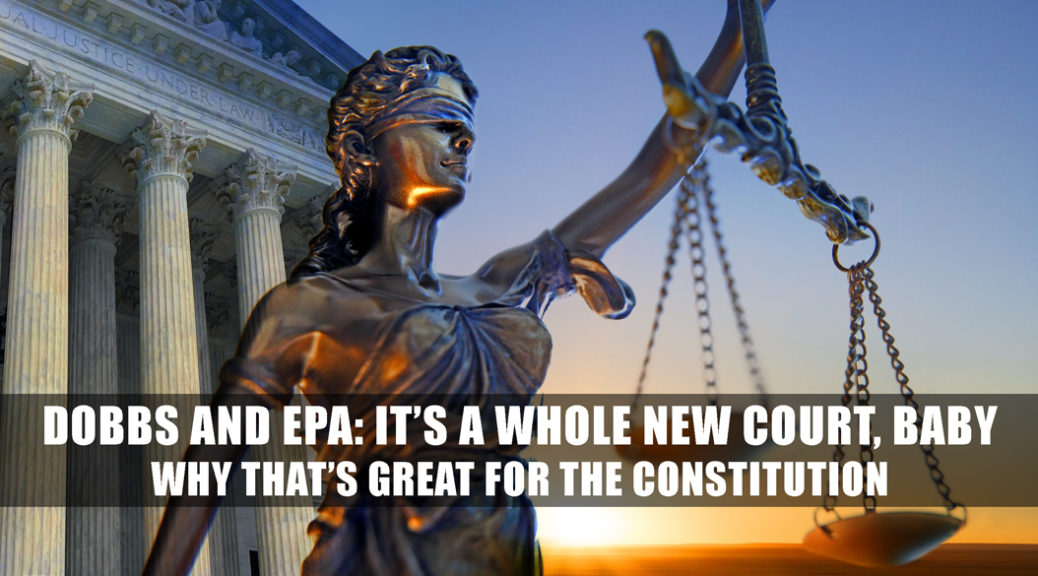Troubling Signs about Bidenomics | Learn to Think Like an Economist
Podcast: Play in new window | Download
Subscribe: Apple Podcasts | Spotify | Amazon Music | TuneIn | RSS | More
Show 14-18 Summary: Does anyone remember when the media objectively covered economics. After all, so much of it revolves around data. And yet the mainstream media does everything it can to attack good economies, like we had under Trump, while providing cover for lame economies, driven primarily by government and government spending, like what we have under Joe Biden. So how do you know what to trust and whom to trust? On this week’s show we talk to an economist to help you think like an economist.

The I Spy Radio Show airs weekends, six different times, on seven different stations. Listen anywhere through the stations’ live streams! Check out when, where, and how to listen to the I Spy Radio Show. Podcast available Mondays after the show airs on out network of stations.
Original Air Dates: May 4th & 5th, 2024 | Guest: Jonathan Williams
This Week – Despite the mainstream media doing their best to run cover for Biden and his economic policies, there are some troubling signs about Bidenomics. And some of it really troubling. Which is why you’re not hearing those kinds of stories in the mainstream media.
When it comes to the economy, White House Press Secretary Karine Jean-Pierre is Biden’s DEI hiring-equivalent of “Baghdad Bob.”
GDP for the first quarter was half of normal growth and less than half of the previous quarter. Unemployment for April rose with one of the indicators the worst it’s been since November 2021. And yet all we ever hear out of the White House is how great things are. Including a rather startling comment from KJP. According to her, prices are too low. That woman is Biden’s DEI hiring equivalent of “Baghdad Bob.”
But because economic reporting has become so politicized how can an everyday person tell whether or not the economy is doing well — aside from their own subjective experiences? Because their experiences may not be what everyone else is going through.
Think Like an Economist
So this week we talk to an economist—Jonathan Williams, Executive Vice President of the American Legislative Exchange Council, and their chief economist—to help people learn to think a little more like an economist.
What are some of the trigger points to look for? What are some of the more reliable measurements that indicate a good or a bad economy? And what economic levers can they pull to turn an economy around or to keep a good economy going?
And all of that to help people pick the right people to put them in charge to get the economy on the right track
The I Spy Radio Show Podcast Version
Trapped under a heavy object? Missed the show? Don’t worry—catch the podcast version. Mondays, after our network of radio stations have aired the show, I Spy Radio is now available on your favorite podcasting platform, or you can grab it right here. See the full list of podcast options.
Research, Links Mentioned & Additional Info
- Jonathan’s organization is ALEC – the American Legislative Exchange Council. Find out more at ALEC.org.
- Encourage your representatives to join ALEC! There are state and city memberships. Help elected officials understand economic problems and the real solutions available to get out of them! Send them this link: https://alec.org/membership/.
- And you too can join as a private-sector member!
- You can follow Jonathan on Twitter at @TaxEconomist.
- How did Oregon do in the 2024 edition of Rich States, Poor States? We actually moved up on notch—although we’re still in the low 40s. Explore all the states or jump to Oregon’s rankings.
- Be sure to try out the red “adjust policies” tab!
- Biden Administration’s New Climate Rules Add $31,000 to Price of New Home, Industry Groups Say (The Epoch Times, May 1, 2024)
- That Stephen Moore article: “Why Small Businesses Hate Bidenomics” (The Daily Signal, April 23, 2024)
- GDP growth slowed to a 1.6% rate in the first quarter, well below expectations (CNBC, Apr 25, 2024).
The Death of DEI?
- High Court’s 9-0 Ruling Lowers Bar for Filing Anti-DEI Discrimination Lawsuits (American Renaissance, Apr 19. 2024)
- Landmark 9-0 Ruling, (Freedom Piper, Twitter, Apr 20, 2024)
- U.S. Supreme Court Ruling Upsets Discrimination Policies (NW Observer, Apr 26, 2024)
Other Related Economics News
- ‘Harassment’: Feds Impose Trans Agenda on Employers for Pronouns, Bathrooms (The Daily Signal, April 29, 2024)
- The Daily Signal reported that under new federal guidelines — released on Monday by the Equal Employment Opportunity Commission — an employer would be guilty of harassment by requiring someone to use a restroom that corresponds with their biological sex or if someone “misgenders” them.
- US births reach 45-year low – report (RT, Apr 25, 2024)
- Why hundreds of U.S. banks may be at risk of failure (CNBC, May 1, 2024)
- U.S. job growth totaled 175,000 in April, much less than expected, while unemployment rose to 3.9% (CNBC, May 1, 2024)
- Long-predicted consumer pullback finally hits restaurants like Starbucks, KFC and McDonald’s (CNBC, May 1, 2024)

